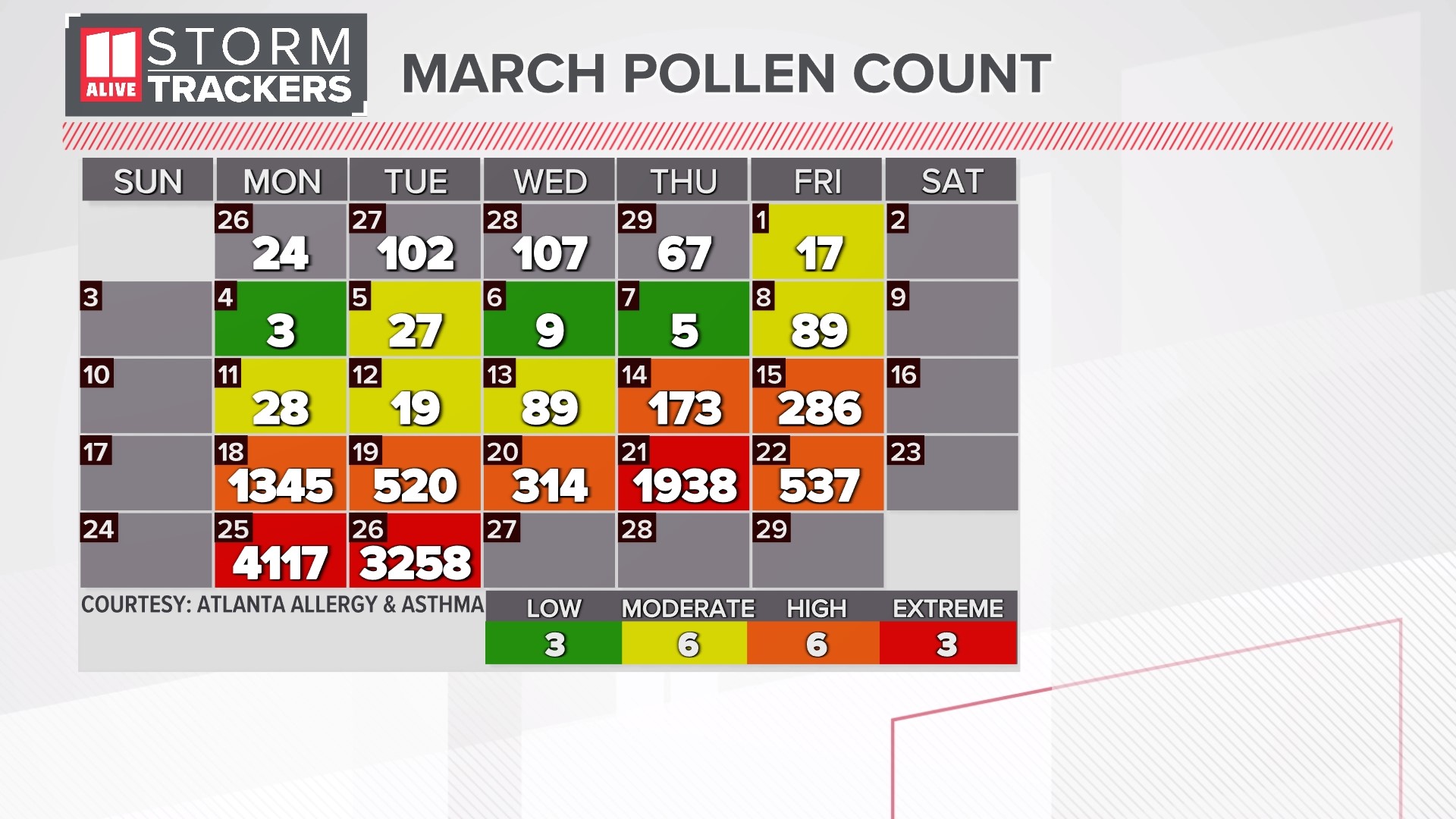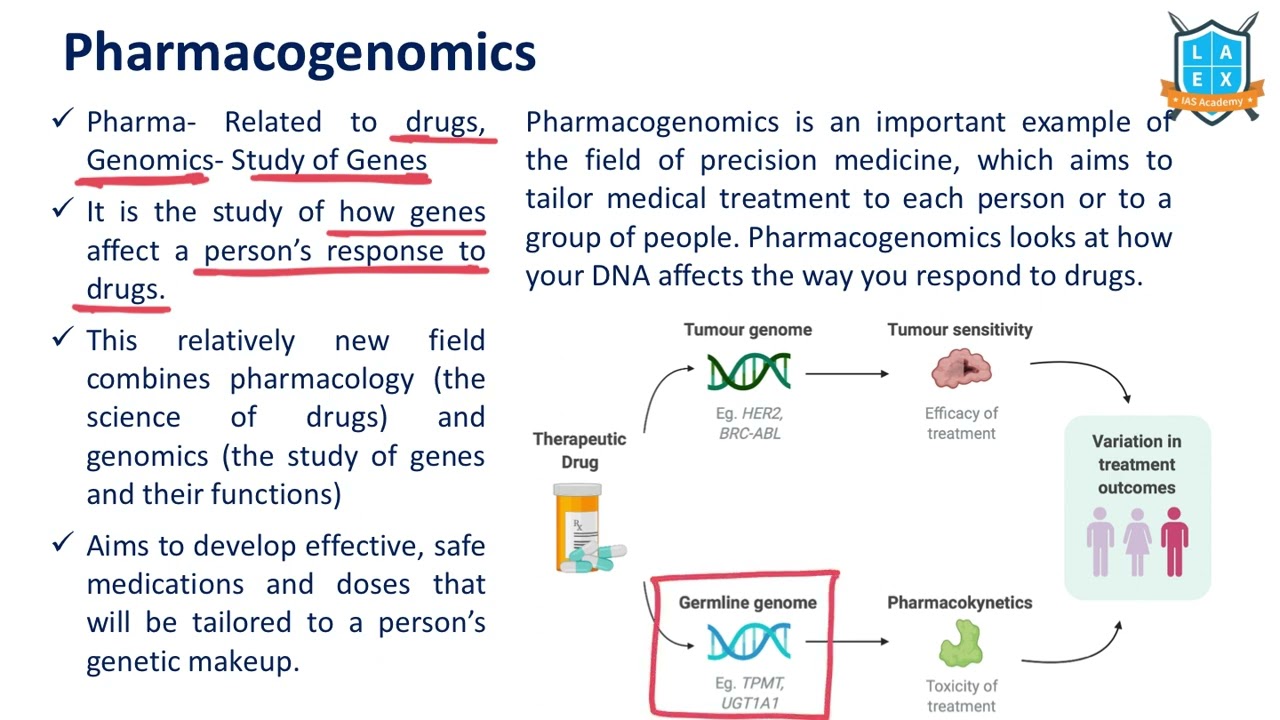
The Future of Healthcare: How Technology is Revolutionizing Patient Care
The world of healthcare is undergoing a significant transformation, driven by rapid advancements in technology. From hyperlocal pollen counts to personalized medication, innovative solutions are emerging to improve patient outcomes and enhance the overall healthcare experience.
 Image: A person using a smartphone to check pollen counts
Image: A person using a smartphone to check pollen counts
One of the most significant challenges facing healthcare providers today is the need to adopt new technologies that can help them deliver better care to their patients. As Alfredo Almerares, clinical executive manager at InterSystems, notes, the key to successful healthcare technology adoption lies in understanding the “human factor.” By putting people at the center of healthcare technology, providers can create more effective solutions that meet the unique needs of their patients.
“The human factor is crucial in driving successful healthcare technology adoption. By understanding the needs and behaviors of healthcare professionals, we can create solutions that are more intuitive, more effective, and more patient-centered.” - Alfredo Almerares
The importance of digital literacy in healthcare cannot be overstated. With 40% of Europeans struggling with digital literacy, it is essential to develop solutions that are accessible and user-friendly. This is particularly critical in the context of pharmacogenomics, where personalized medication can significantly improve patient outcomes.
 Image: A doctor discussing medication with a patient
Image: A doctor discussing medication with a patient
The role of nursing in healthcare is also undergoing a significant transformation. By recognizing nursing as a calling, rather than just a job, we can enhance workforce sustainability and improve patient care. This requires a fundamental shift in how we approach nursing education and training, as well as how we support and empower nurses in their daily work.
“Recognizing nursing as a calling is a critical step towards enhancing workforce sustainability and improving patient care. By empowering nurses and providing them with the support they need, we can create a more compassionate and effective healthcare system.” - Tjasa Zajc
The use of artificial intelligence (AI) in healthcare is another area that holds tremendous promise. By leveraging AI, healthcare providers can improve customer and staff satisfaction, reduce waste, and enhance the overall quality of care. This is particularly evident in the context of telehealth, where AI-powered solutions can help improve patient engagement and outcomes.
 Image: A patient using telehealth services
Image: A patient using telehealth services
As we look to the future of healthcare, it is clear that technology will play an increasingly important role. From interoperability and data exchange to AI and personalized medicine, the possibilities are endless. By embracing these innovations and putting patients at the center of our efforts, we can create a more effective, more efficient, and more compassionate healthcare system.
Conclusion
The future of healthcare is bright, and it is being shaped by the innovative use of technology. From hyperlocal pollen counts to personalized medication, AI-powered telehealth, and beyond, the possibilities are endless. By embracing these innovations and putting patients at the center of our efforts, we can create a more effective, more efficient, and more compassionate healthcare system.
 Image: A doctor using a tablet to access patient data
Image: A doctor using a tablet to access patient data















